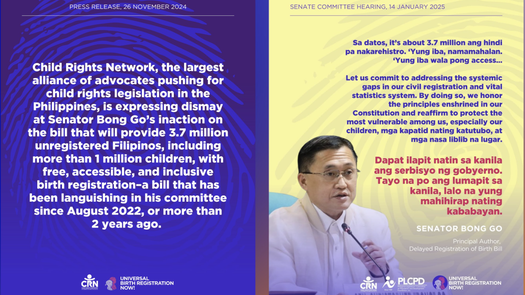July 29, 2025

Aditi Saxena is the legal consultant in India for GHAI’s Data for Health program. She conducted a gender-focused assessment of Civil Registration and Vital Statistics (CRVS) laws to highlight areas where legal reform could improve LGBTQI individuals’ access to civil registration services in India.
Aditi practices public law in the Supreme Court of India and High Court of Bombay. She has three landmark judgments to her credit, building jurisprudence in public health and reproductive rights. She regularly advises international organizations and State Governments in India on improving and implementing law and policies on public health, gender and labour. In 2022, Aditi co-presented a paper at the Asia Pacific CRVS Research Forum on gender equity in CRVS law in India. She is currently pursuing a Master of Public Policy at London School of Economics and Political Science (LSE) supported by Rajiv Gandhi Scholarship for Academic Excellence by Government of Rajasthan (India).
1. What motivated you to work in human rights, gender equity and civil registration & vital statistics (CRVS)?
I grew up in the State of Rajasthan, which is a predominantly patriarchal state. In my childhood I have seen under representation of women in almost all professions. I believe this subconsciously prepared me to work towards gender equity in whatever profession I chose and through skills that I acquired. Therefore, when I qualified as a lawyer, it was inevitable that I have worked towards gender equity through the use of law. I represented women, and later transgender persons in cases of employment, sexual harassment at workplace, maternity benefits, medical termination of pregnancy and so on. As my years in law progressed, I worked on other areas of human rights such as freedom of expression, housing rights and environmental law. In all cases, I ensured that women were heard, represented and given prominent voice in courts.
CRVS holds relevance two-fold to me as a human rights lawyer. Firstly, it establishes the primary legal entity of the person. For any talk on gender equity, it is important to begin with the registration of birth and move ahead. It is important to achieve equity in CRVS. Secondly, the law in India had not been majorly updated before 2023. As a human rights lawyer, this gave us the perfect opportunity to review the law through the lens of gender and give suggestions on the proposed amendments to enhance gender equity.
2. How does your background in human rights law inform your CRVS work, and why is it important to have lawyers involved in CRVS legal reforms?
I think it is important to have lawyers involved in any legal reform, but I think it is most important to have specialised lawyers involved throughout the process of legal reforms and its implementation. Only when you apply the specialised lens, in this case of gender laws and norms, will you be able to highlight the barriers that persons from a particular gender or a community will face at the implementation. One will, then, see the shortcomings in the law and its unilateral approach that fails to cater to all sections of the society that it must.
My experience and various interactions with women and transgender persons that I have previously worked with, helped me in looking at the CRVS law and highlight its shortcomings in making it accessible for women and transgender persons.
3. What accomplishment are you particularly proud of from your gender equity and human rights work?
As a litigating lawyer, I have represented over 100 women in the Courts seeking permission for medical termination of pregnancy. In the process, through judicial orders and judgments, this has built jurisprudence on the law of access to abortion in India. Many of these progressive judgments translated into upgrade in the law in 2021 by the Government of India, where the legal permissible limit was increased up to 24 weeks of gestation. This has made it more accessible to more women to seek late term abortions, especially in the extreme cases of rape and foetal abnormalities as well as reduce the need for women to navigate judicial process that can be burdensome.
4. What was most exciting about your role in GHAI’s CRVS legal review project in India?
Foremost, we successfully submitted our suggestions on the proposed amendment to the law, many of which translated into the amendment in the law. But most importantly and personally for me, working with the toolkit that GHAI has developed so meticulously over many years was a learning experience on its own. I was exposed to the top-class policy and advocacy work through the process. What was also exciting and interesting for me was to interact with the legal consultants from the different countries which have had, to note, major policy wins in those countries.
5. What is your message to lawyers in low and middle-income countries?
Always, always, always get lawyers specializing in a particular area of human rights involved in the process of legal reforms. What a lawyer with expertise in gender issues will bring in, a lawyer with expertise in disability issue might miss, and vice versa. When it is a welfare legislation, it is important to cater to each and every person and bringing different lenses to look through the law for gaps can be a game changer.



